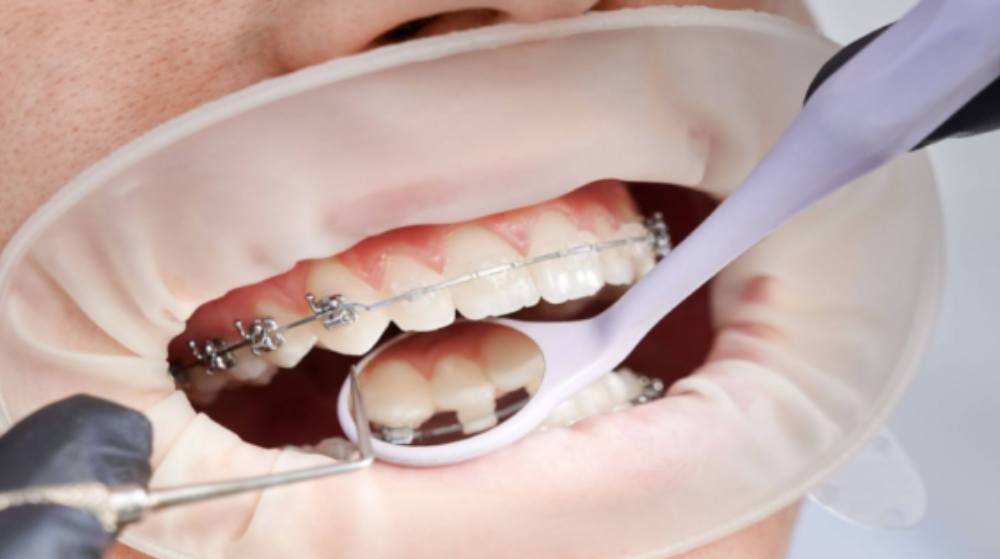Bleeding gums can be a sign that you have or may develop gum disease. Ongoing gum bleeding may be due to plaque buildup on the teeth and below the gums. This can be a sign of gingivitis which is an inflammatory condition of the gums
What is the underlying cause?
The main cause of bleeding gums is the buildup of plaque at the gum line. This will lead to a condition called gingivitis, or inflamed gums.
Plaque if not removed within 48 hours of deposition on the teeth will harden into hard deposit or tartar. This will lead to increased bleeding and a more advanced form of gum and jaw bone disease known as periodontitis which affect the supporting structures of the teeth.
Other causes of bleeding gums include
- Any bleeding disorders
- Brushing too hard
- Hormonal changes during pregnancy
- Ill-fitting dentures or other dental appliances
- Improper flossing
- Infection, which can be either in a tooth or the gums
- Leukemia, a type of blood cancer
- Scurvy, a vitamin C deficiency
- Use of blood thinners
- Vitamin K deficiency
- Malalignment of teeth

How do I take care at home?
Visit the dentist at least once every 6 months for calculus(hard deposits) removal. Follow your dentist’s home care instructions.
Brush your teeth gently with a soft to medium bristled toothbrush at least twice a day. Also, flossing teeth twice a day can prevent plaque from building up and turning into tartar. By far dental floss is the only way that can take care of the deposits between the teeth.
Your dentist may tell you to rinse with warm water with salt or a mouth rinse designed to treat gum inflammation suitable for you. Some rinses contain alcohol, so consult with your dentist prior to using one of these types.
It can also help to follow a balanced, healthy diet. Try to avoid snacking between meals and cut down on the carbohydrates you eat.
Other tips to help with bleeding gums
- Have a periodontal examination done every 6 months, especially if you’re prone to gum disease.
- Tobacco use can also mask other problems that cause bleeding of the gums.
- Control gum bleeding by applying pressure directly on the gums with a gauze pad soaked in ice water.
- If you have been diagnosed with a vitamin deficiency, take vitamin supplements.
- Avoid aspirin unless your health care provider has recommended that you take it.
- If side effects of a medicine are causing the bleeding gums, ask your provider to prescribe a different drug. Never change your medicine without first talking to your doctor.
- Use an oral irrigation device on the low setting to massage your gums.
- See your dentist if your dentures or other dental appliances do not fit well or are causing sore spots on your gums.
- Follow your dentist’s instructions on how to brush and floss so you can avoid hurting your gums.

When to contact your dentist?
Periodontists are the specialists skilled in diagnosing and treating gum disease.
Consult Your Doctor If
What To Expect At Your Dental Visit?
Your dentist will examine your teeth and gums and ask you about the problem. Your dentist will also ask about your oral hygiene habits. You may also be asked about your diet and the medicines you take.
Tests That May Be Performed Include
We at Smilex International Dental Centre, one of the best dental Clinics in Pune are committed to provide premier dental care to all our patients. We can advise you on all the care needed to prevent gum bleeding and can help you in recognizing the early signs of gum problems, preventing progress of gingivitis to periodontitis.
If you are looking for a Periodontist near me or the best Dental hospital in Pune , then Smilex International Dental Centre is at your service. So delay no more as every 6 months checkup and timely treatment can help you in maintaining healthy teeth and gums.




